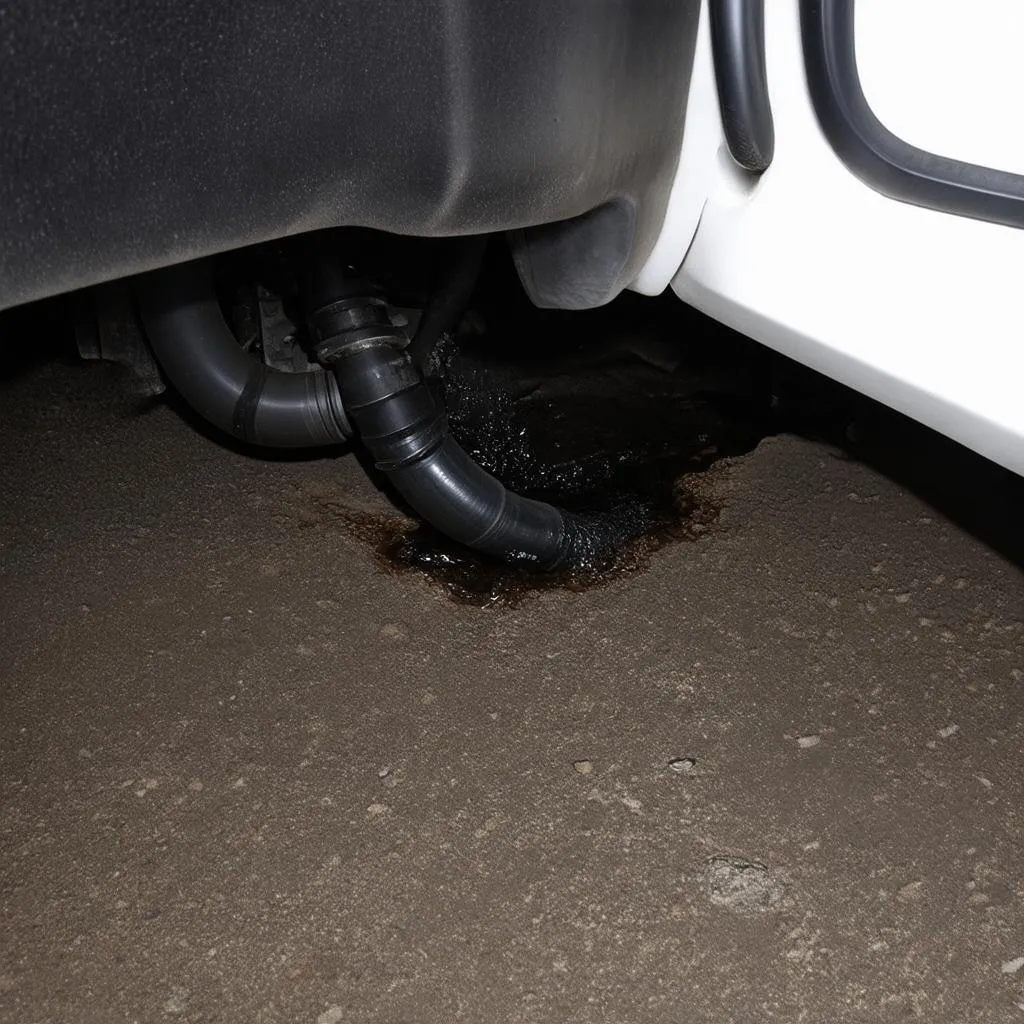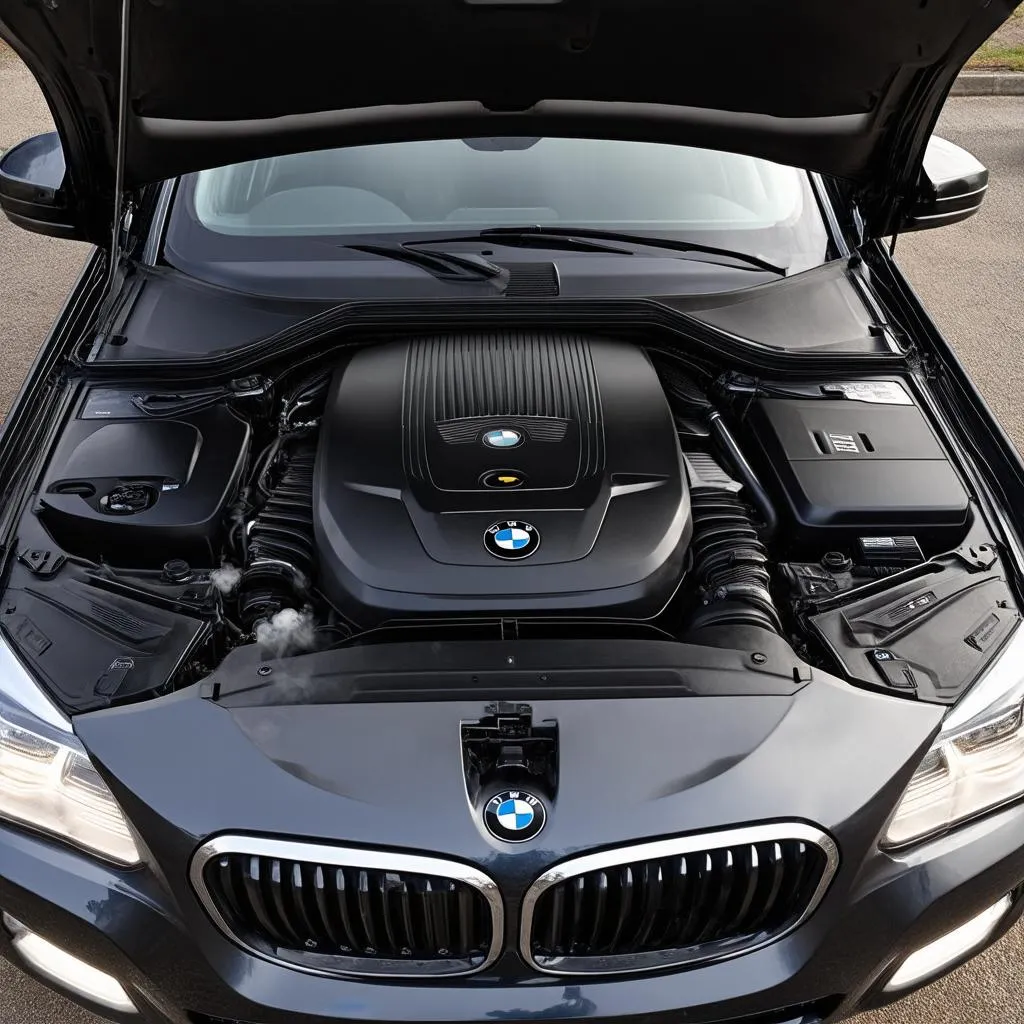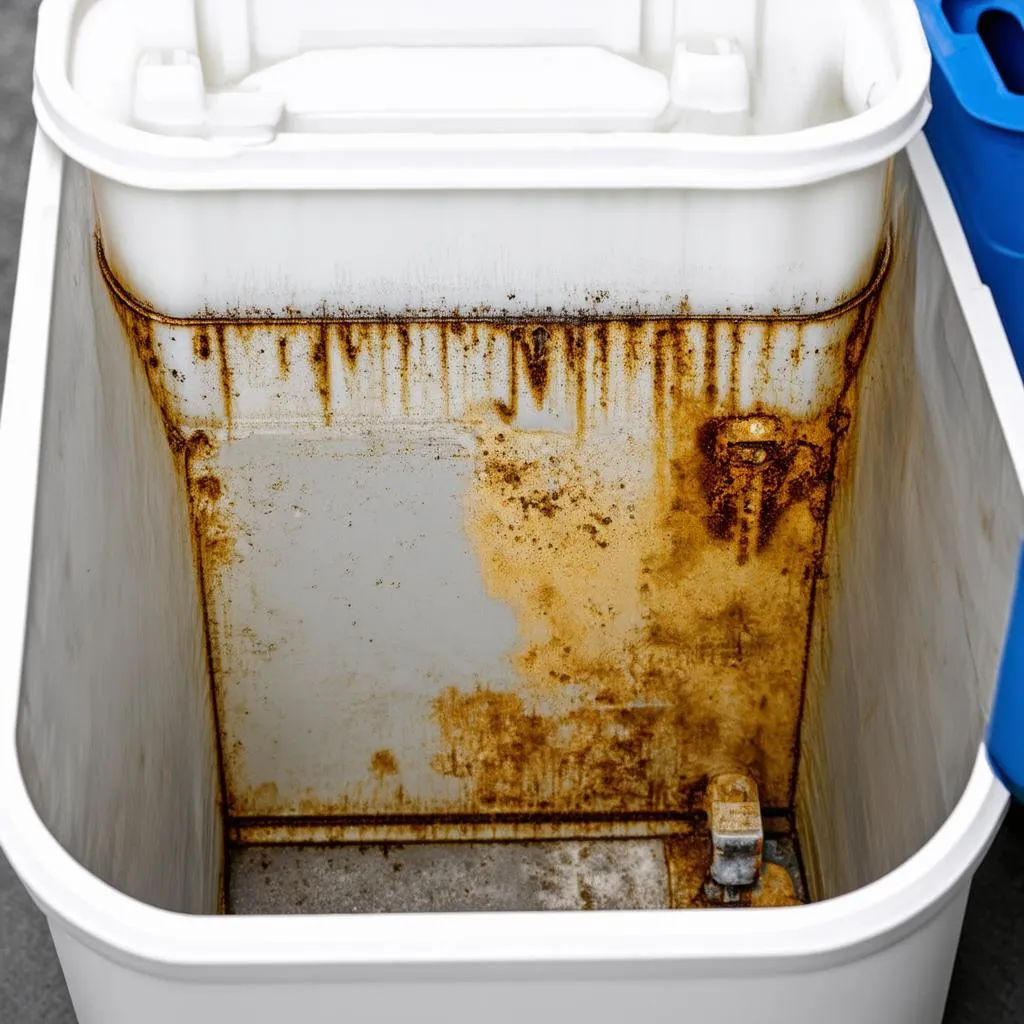BMW Coolant X3: Everything You Need to Know About Coolant in Your X3
Have you ever felt the heat of a summer day, and thought, “How does my car even stay cool?” Well, that’s where coolant comes in. Coolant is a vital fluid in your car’s engine, and it’s essential for keeping your BMW X3 running smoothly and efficiently. It’s kind of like the car’s blood, carrying heat away from the engine and preventing it from overheating. But just like our blood needs regular checkups, so does your car’s coolant.
The Importance of Coolant in Your BMW X3
Coolant is a complex mixture of water and chemicals, specially formulated to prevent corrosion and boiling in your car’s engine. It’s not just water, though some people might think so. It’s more like a magical potion that keeps your engine humming along, even when the weather is scorching hot.
Think of it this way: Imagine your engine as a powerful furnace, burning fuel to generate energy. As the engine works hard, it produces a lot of heat, much like a fire. Coolant acts as a heat sink, absorbing the excess heat and carrying it away to a radiator, where it’s released into the atmosphere. This process keeps the engine temperature within a safe range, preventing it from overheating and causing damage.
The Consequences of Low or Contaminated Coolant
Now, let’s dive into the potential consequences of neglecting your coolant. When your coolant levels are low or contaminated, your engine is at risk of overheating, which can lead to serious problems. Imagine a fire without a proper cooling system! That’s exactly what can happen to your engine.
Overheating can cause engine damage, including:
- Warped cylinder heads: The intense heat can cause the cylinder head to warp, leading to leaks and reduced engine performance.
- Head gasket failure: The head gasket seals the combustion chamber, preventing coolant from mixing with oil. Overheating can cause the head gasket to fail, resulting in coolant leaks and potential engine damage.
- Engine damage: Continued overheating can severely damage your engine, potentially causing irreparable harm.
Think of it like a delicate balance. A small imbalance can lead to a big problem, and in the case of your car’s engine, it can be a very costly problem to fix.
BMW X3 Coolant FAQs
Now, let’s address some common questions about BMW X3 coolant:
What type of coolant should I use in my BMW X3?
You should always use the recommended coolant for your specific BMW X3 model. Refer to your owner’s manual or contact your local BMW dealership. Generally, BMWs use a specific type of coolant called BMW Coolant or BMW Antifreeze. Using the wrong type of coolant can lead to corrosion and damage to your engine.
How often should I check my BMW X3 coolant?
You should check your BMW X3 coolant level at least once a month, or more frequently if you’re driving in extreme conditions. It’s also essential to inspect the coolant for signs of contamination, such as rust, oil, or sediment.
How do I check my BMW X3 coolant level?
- Find the coolant reservoir: It’s typically located under the hood, near the front of the engine. It’s often a white or green plastic container with a cap.
- Check the coolant level: The reservoir should have markings indicating the minimum and maximum coolant levels. The level should be within the range.
- Top off the coolant if needed: If the coolant level is low, carefully add more coolant, ensuring it’s the correct type.
How do I bleed the air from my BMW X3 cooling system?
Air trapped in the cooling system can prevent proper coolant circulation, leading to overheating. Bleeding the air out is essential. There are several methods to bleed the air, and the specific procedure depends on your BMW X3 model.
You can find detailed instructions for bleeding the air from your BMW X3 cooling system in your owner’s manual or consult a qualified mechanic.
Common Coolant Issues in BMW X3
Here are some of the common coolant issues you might encounter in your BMW X3:
Coolant Leak:
A coolant leak can occur due to several reasons, including:
- Cracked or damaged radiator: The radiator is a crucial component of the cooling system, and a crack or damage can lead to a leak.
- Damaged hoses: The hoses connecting the radiator, engine, and other parts of the cooling system can also crack or leak.
- Failing water pump: The water pump circulates the coolant, and a failing pump can cause leaks.
- Damaged head gasket: As mentioned earlier, a damaged head gasket can cause coolant to leak into the combustion chamber.
 bmw-x3-coolant-leak
bmw-x3-coolant-leak
If you suspect a coolant leak, it’s important to address it promptly. A small leak can escalate quickly, causing major problems and costly repairs.
Overheating:
If your BMW X3 is overheating, it could be a sign of:
- Low coolant levels: This is the most common reason for overheating.
- Blocked radiator: The radiator can become clogged with debris, preventing proper cooling.
- Failing thermostat: The thermostat regulates the coolant flow, and a malfunctioning thermostat can cause overheating.
- Faulty cooling fan: The cooling fan helps dissipate heat from the radiator, and a faulty fan can lead to overheating.
 bmw-x3-engine-overheating
bmw-x3-engine-overheating
If your BMW X3 overheats, immediately pull over to a safe location and let the engine cool down. Don’t try to drive the car until you’ve identified and addressed the issue.
Contaminated Coolant:
Coolant can become contaminated over time, reducing its effectiveness and potentially causing engine damage. Common causes of contamination include:
- Rust: Rust can form in the cooling system, particularly if the coolant is old or not the correct type.
- Oil: Oil can leak into the cooling system, contaminating the coolant.
- Sediment: Debris can accumulate in the cooling system, contaminating the coolant.
 contaminated-coolant
contaminated-coolant
If you suspect your coolant is contaminated, it’s important to have the cooling system flushed and refilled with fresh coolant.
Conclusion
Coolant is a critical component of your BMW X3’s engine, keeping it running smoothly and preventing damage. By regularly checking and maintaining your coolant levels, you can help ensure that your BMW X3 runs cool and stays healthy for years to come.
Remember, keeping your car well-maintained can bring you good fortune and positive energy. It’s a manifestation of your care for your vehicle, and in turn, a reflection of your own inner harmony. As the wise man said, “A well-maintained car is a happy car, and a happy car brings good luck.”
If you have any further questions or concerns about your BMW X3 coolant, don’t hesitate to reach out to a qualified mechanic or consult your owner’s manual for detailed information.
Need expert help with your BMW X3’s diagnostic tools? Contact us today via WhatsApp at +84767531508! We’re available 24/7 to assist you with all your car repair needs.
Remember, preventive maintenance is key to keeping your BMW X3 in top condition and enjoying a smooth, trouble-free driving experience.
For more helpful information on BMW X3 maintenance, explore these related articles:
